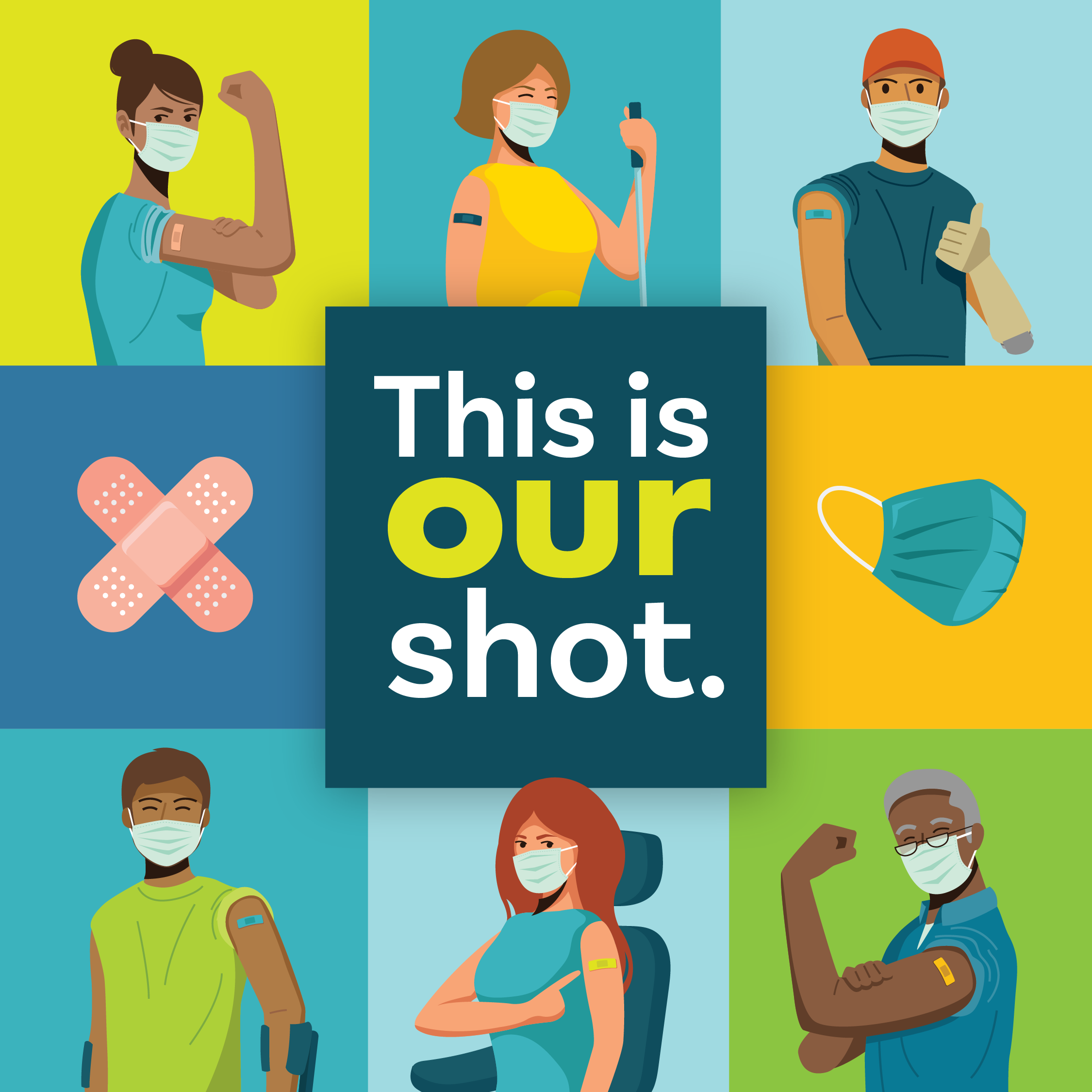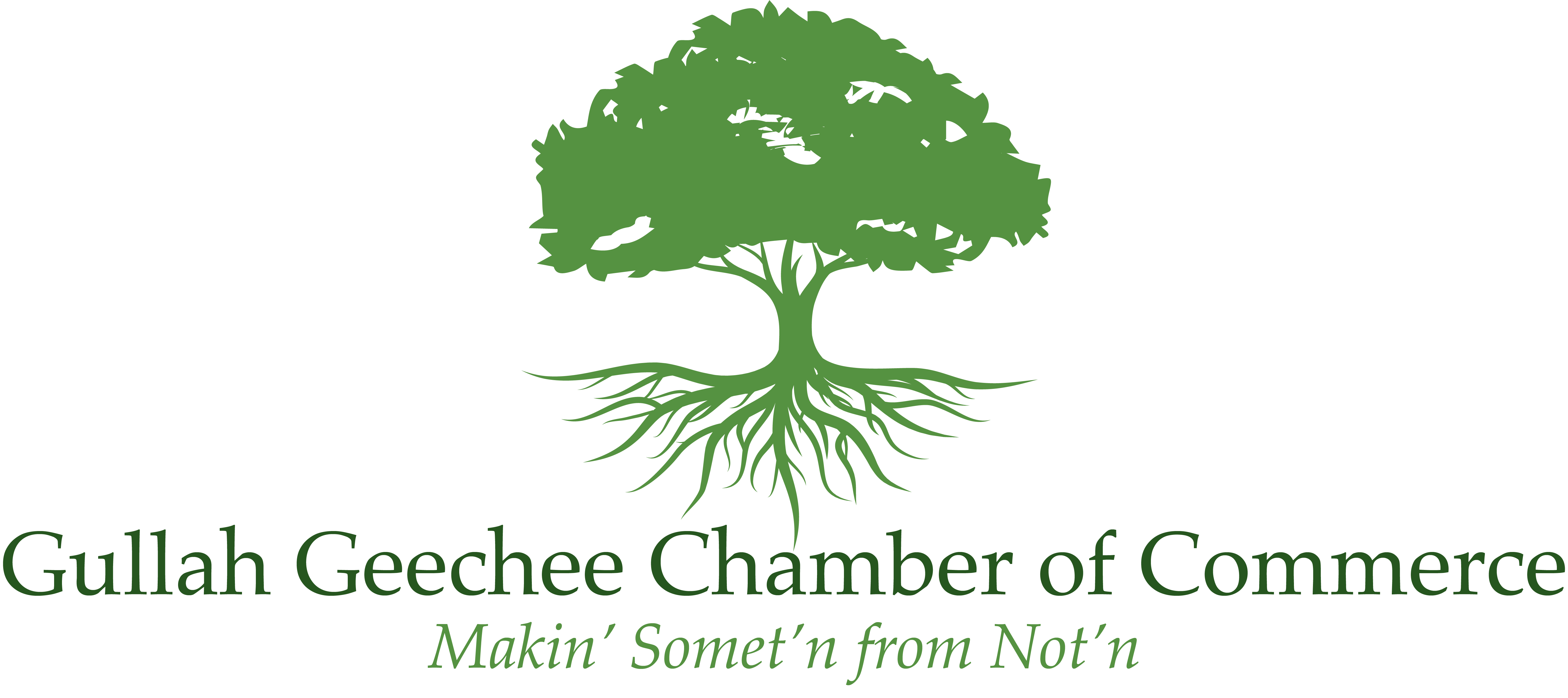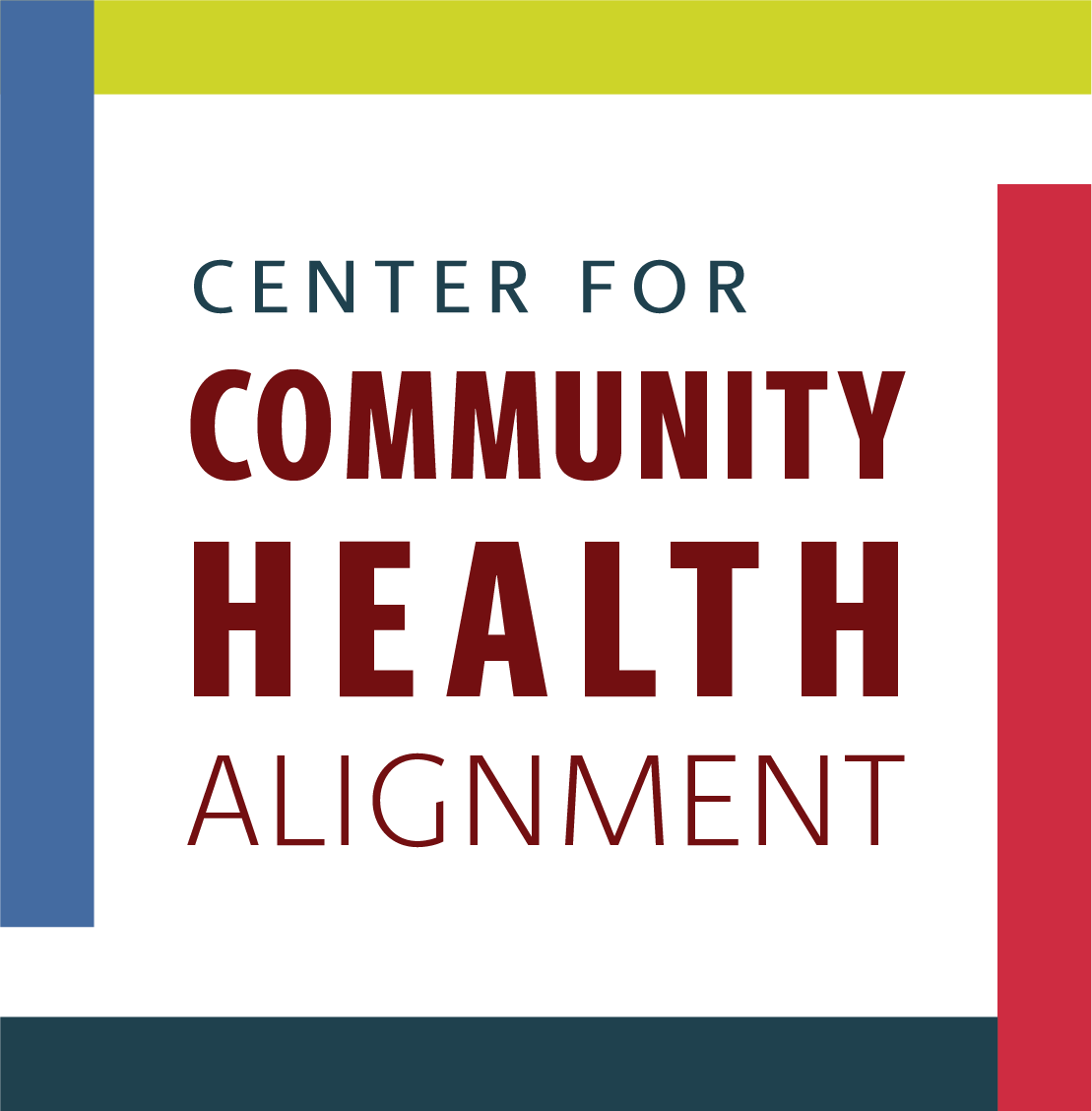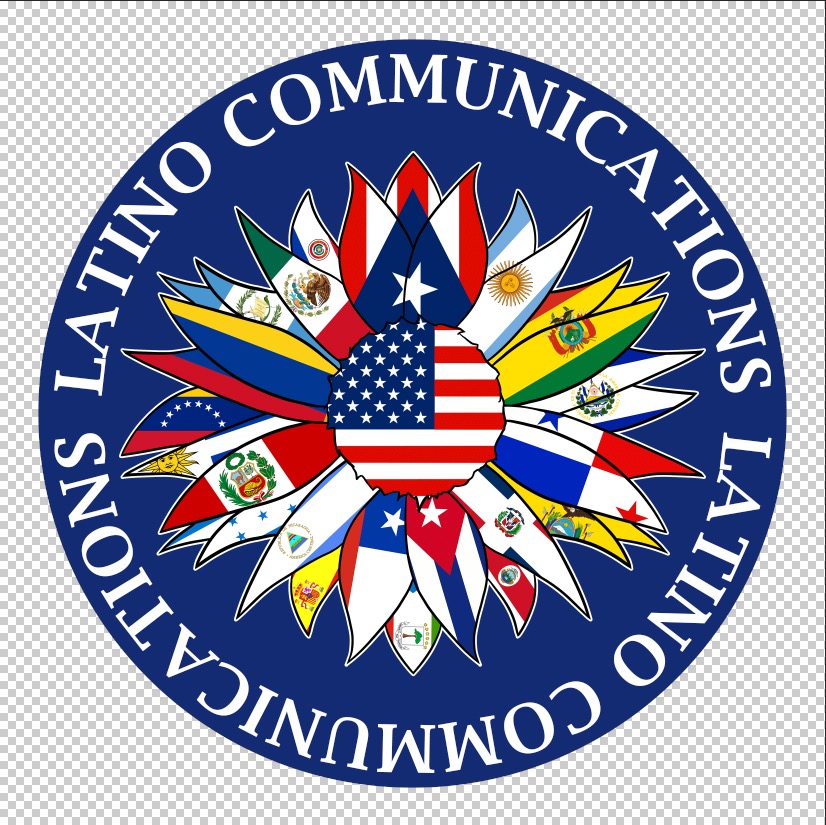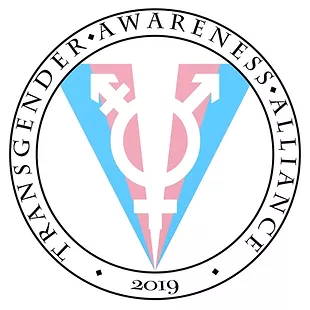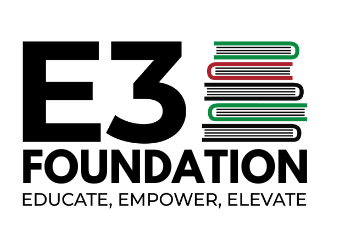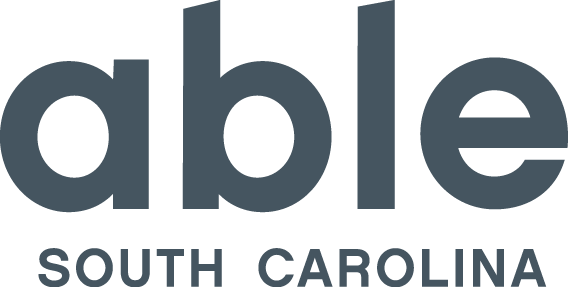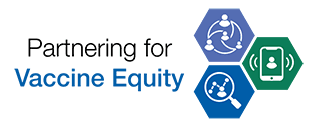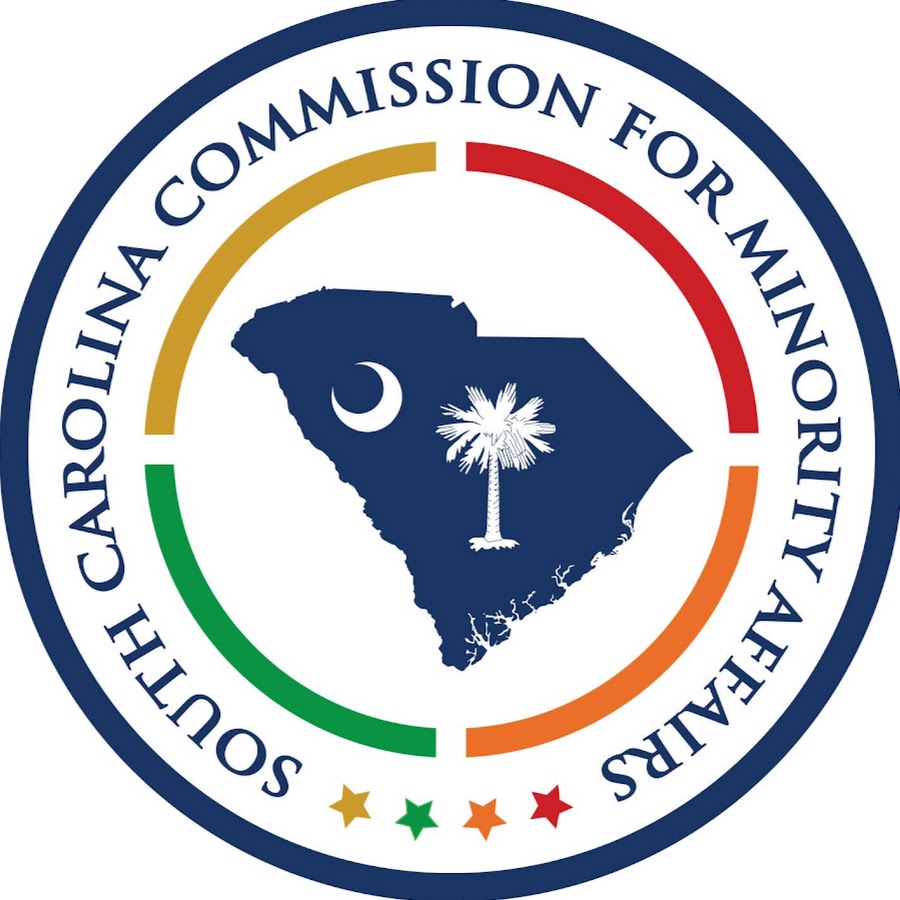Source 1:
Centers for Disease Control and Prevention. (2021, June 21). What do people with developmental disabilities need to know about COVID-19? Centers for Disease Control and Prevention. Retrieved November 18, 2021, from https://www.cdc.gov/coronavirus/2019-ncov/need-extra-precautions/people-with-developmental-disabilities.html.
Source 2:
Gleason, J., Fossi, A., Blonsky, H., Tobias, J., & Stephens, M. (2021, March 5). The Devastating Impact of Covid-19 on Individuals with Intellectual Disabilities in the United States. NEJM Catalyst. https://catalyst.nejm.org/doi/pdf/10.1056/CAT.21.0051.
Source 3:
Centers for Disease Control and Prevention. (2021, August 27). Flu & People with Disabilities. Centers for Disease Control and Prevention. Retrieved November 18, 2021, from https://www.cdc.gov/flu/highrisk/people-with-disabilities.htm.
Source 4:
Centers for Disease Control and Prevention. (2021, June 7). Similarities and Differences between Flu and COVID-19. Centers for Disease Control and Prevention. Retrieved November 18, 2021, from https://www.cdc.gov/flu/symptoms/flu-vs-covid19.htm.
Source 5:
Konturek, P. C., Harsch, I. A., Neurath, M. F., & Zopf, Y. (2020). COVID-19 - more than the respiratory disease: a gastroenterologist's perspective. Journal of physiology and pharmacologyPhysiology: an official journal of the Polish Physiological Society, 71(2), 10.26402/jpp.2020.2.02. https://doi.org/10.26402/jpp.2020.2.02.
Source 6:
Wang, T., Du, Z., Zhu, F., Cao, Z., An, Y., Gao, Y., & Jiang, B. (2020). Comorbidities and multi-organ injuries in the treatment of COVID-19. Lancet (London, England), 395(10228), e52. https://doi.org/10.1016/S0140-6736(20)30558-4.
Source 7:
Owusu, D., Pomeroy, M.A., Lewis, N.M., Wadhwa, A., Yousaf, A.R., Whitaker, B., Dietrich, E., Hall, A.J., Chu, V., Thornburg, N., Christensen, K., Kiphibane, T., Willardson, T, Westergaard, R., Dasu, T., Pray, I.W., Bhattacharyya, S., Dunn, A., Tate, J.E., Kirking, H.L., Matanock, A. (2021, October 15) Persistent SARS-CoV-2 RNA Shedding Without Evidence of Infectiousness: A Cohort Study of Individuals With COVID-19. The Journal of Infectious Diseases, 224(8), 1362–1371. https://doi.org/10.1093/infdis/jiab107.
Source 8:
Tarhini et al. (2021). Long-Term Severe Acute Respiratory Syndrome Coronavirus 2 (SARS-CoV-2) Infectiousness Among Three Immunocompromised Patients: From Prolonged Viral Shedding to SARS-CoV-2 Superinfection. The Journal of Infectious Diseases, 223(9), 1522–1527. https://doi.org/10.1093/infdis/jiab075.
Source 9:
Centers for Disease Control and Prevention. (2022, August 17). Similarities and Differences between Flu and COVID-19. https://www.cdc.gov/flu/symptoms/flu-vs-covid19.htm.
Source 10:
Centers for Disease Control and Prevention. (2021, April 19). Health Equity Considerations and Racial and Ethnic Minority Groups. Centers for Disease Control and Prevention. Retrieved November 18, 2021, from https://www.cdc.gov/coronavirus/2019-ncov/community/health-equity/race-ethnicity.html.
Source 11:
COVID Tracking Project and the Boston University Center for Antiracist Research. (2021, March 7). The COVID Racial Data Tracker. The COVID Tracking Project. Retrieved November 18, 2021, from https://covidtracking.com/race.
Source 12:
Artiga, S., Corallo, B., & Pham, O. (2020, August 17). Racial Disparities in COVID-19: Key Findings from Available Data and Analysis. Kaiser Family Foundation. Retrieved November 18, 2021, from https://www.kff.org/racial-equity-and-health-policy/issue-brief/racial-disparities-covid-19-key-findings-available-data-analysis/.
Source 13:
Centers for Disease Control and Prevention. (2022, July 28). Risk for COVID-19 Infection, Hospitalization, and Death By Race/Ethnicity. Centers for Disease Control and Prevention. Retrieved August 15, 2022, from https://www.cdc.gov/coronavirus/2019-ncov/covid-data/investigations-discovery/hospitalization-death-by-race-ethnicity.html. (Page no longer available.)
Source 14:
Centers for Disease Control and Prevention. (2021, October 14). Underlying Medical Conditions Associated with Higher Risk for Severe COVID-19: Information for Healthcare Providers. Centers for Disease Control and Prevention. Retrieved November 18, 2021, and July 14, 2023, from https://www.cdc.gov/coronavirus/2019-ncov/hcp/clinical-care/underlyingconditions.html#ref_15.
Source 15:
Centers for Disease Control and Prevention. (2021, October 14). Disability & Health U.S. State Profile Data for South Carolina (Adults 18+ years of age). Centers for Disease Control and Prevention. Retrieved November 18, 2021, from https://www.cdc.gov/ncbddd/disabilityandhealth/impacts/south-carolina.html.
Source 16:
Disability and Health Data System. (2019 & 2020). South Carolina Disability Estimates. Centers for Disease Control and Prevention. Retrieved June 2, 2022, from https://dhds.cdc.gov/SP?LocationId=45&CategoryId=DISEST&ShowFootnotes=true&showMode=&IndicatorIds=STATTYPE,AGEIND,SEXIND,RACEIND,VETIND&pnl0=Chart,false,YR4,CAT1,BO1,,,,AGEADJPREV&pnl1=Chart,false,YR4,DISSTAT,,,,,PREV&pnl2=Chart,false,YR4,DISSTAT,,,,,AGEAD.
Source 17:
South Carolina Department of Health and Environmental Control. (2021, November 15). Cases, Hospitalizations and Deaths Among Individuals Not Fully Vaccinated. SC DHEC. Retrieved November 18, 2021, from https://scdhec.gov/covid19/covid-19-data/cases-hospitalizations-deaths-among-not-fully-vaccinated.
Source 18:
Centers for Disease Control and Prevention. (2020, December 10). Increased Risk Factors for Exposure: Racial and Ethnic Health Disparities. Centers for Disease Control and Prevention. Retrieved November 18, 2021, from https://www.cdc.gov/coronavirus/2019-ncov/community/health-equity/racial-ethnic-disparities/increased-risk-exposure.html.
Source 19:
Centers for Disease Control and Prevention. (2021, November 5). Frequently Asked Questions about COVID-19 Vaccination. Centers for Disease Control and Prevention. Retrieved November 18, 2021, from https://www.cdc.gov/coronavirus/2019-ncov/vaccines/faq.html#:~:text=You%20can%20get%20a%20COVID,timing%20of%20other%20vaccines.
Source 20:
Centers for Disease Control and Prevention. (2021, September 15). Finding Credible Vaccine Information. Centers for Disease Control and Prevention. Retrieved November 18, 2021, from https://www.cdc.gov/vaccines/vac-gen/evalwebs.htm.
Source 21:
National Medical Association. (2020, December 21). Advisory Statement on Federal Drug Administration’s Emergency Use Authorization Approval for Pfizer and Moderna Vaccine. NMA COVID-19 Task Force on Vaccines and Therapeutics. Retrieved October 26, 2021, from https://www.nmanet.org/news/544970/NMA-COVID-19-Task-Force-on-Vaccines-and-Therapeutics.htm.
Source 22:
Harvard University. (2021, May 11). Leading coronavirus scientist, Kizzmekia S. Corbett, to join Harvard T.H. Chan School of Public Health to continue Vaccine Development Research. News. Retrieved October 26, 2021, from https://www.hsph.harvard.edu/news/press-releases/kizzmekia-corbett-joins-harvard-chan-school/.
Source 23:
Link, D. (2021, September 3). Fact check: 'Who's vaccinated?' all living presidents, governors; not most covid-19 victims. USA Today. Retrieved October 26, 2021, from https://www.usatoday.com/story/news/factcheck/2021/09/02/fact-check-viral-post-vaccinated-politicians-doctors-little-off/5670809001/.
Source 24:
D’Avanzo, B., Lundie, K., and Lessard, G. (2021, April 12). Answers to common questions about immigrants' access to the covid-19 vaccines. National Immigration Law Center. Retrieved October 26, 2021, from https://www.nilc.org/2021/04/12/immigrant-access-to-the-covid-19-vaccines/.
Source 25:
South Carolina Department of Health and Environmental Control. (2021, September 24). COVID-19 Vaccine & Vaccination FAQs. DHEC. Retrieved October 26, 2021, from https://scdhec.gov/covid19/covid-19-vaccine/covid-19-vaccine-faqs#gettingthevaccine.
Source 26:
Americans with Disabilities Act, 42 U.S.C. § 12101 (1990). https://www.ada.gov/pubs/adastatute08.htm.
Source 27:
Rehabilitation Act, 29 U.S.C. § 701 (1973). https://www.eeoc.gov/rehabilitation-act-1973-original-text.
Source 28:
Civil Rights Act of 1964, 42 U.S.C. § 1971 (1964). https://www.senate.gov/artandhistory/history/resources/pdf/CivilRightsActOf1964.pdf.
Source 29:
Patient Protection and Affordable Cares Act, 124 Stat. 119 (2010). https://www.govinfo.gov/content/pkg/PLAW-111publ148/pdf/PLAW-111publ148.pdf.
Source 30:
Centers for Disease Control and Prevention. (2021, May 24). Covid-19 vaccines are free to the public. Centers for Disease Control and Prevention. Retrieved October 26, 2021, from https://www.cdc.gov/coronavirus/2019-ncov/vaccines/no-cost.html?s_cid=10473%3Ais+the+covid+vaccine+free+without+insurance%3Asem.ga%3Ap%3ARG%3AGM%3Agen%3APTN%3AFY21.
Source 31:
U.S. Department of Homeland Security. (2021, February 1). DHS statement on equal access to COVID-19 vaccines and vaccine distribution sites. Department of Homeland Security. Retrieved October 26, 2021, from https://www.dhs.gov/news/2021/02/01/dhs-statement-equal-access-covid-19-vaccines-and-vaccine-distribution-sites.
Source 32:
Centers for Disease Control and Prevention. (2020, June 11). Data use and sharing agreement to support the United States Government's COVID-19 Emergency Response Jurisdiction Immunization and Vaccine Administration Data Agreement. Retrieved October 26, 2021, from https://www.cdc.gov/vaccines/covid-19/reporting/downloads/vaccine-administration-data-agreement.pdf.
Source 33:
Centers for Disease Control and Prevention (2022, May 26). Frequently Asked Influenza (Flu) Questions: 2021-2022 Season. Retrieved August 9, 2022, from https://www.cdc.gov/flu/season/faq-flu-season-2021-2022.htm#:~:text=If%20you%20have%20concerns%20about,a%20COVID%2D19%20booster%20shot.
Source 34:
Harris, K. (2021, November 22). OSF HealthCare Blog. Can I get the flu and COVID-19 vaccines at the same time? Retrieved August 9, 2022, from https://www.osfhealthcare.org/blog/getting-multiple-vaccines/
Source 35:
Ben-Joseph, E., and Ravin, K. (2022, June). Nemours Childrens’ Health. Can Kids Get a COVID-19 Vaccine Along With the Flu Vaccine? Retrieved August 9, 2022, from https://kidshealth.org/en/parents/covid-flu-vaccines.html
Source 36:
Centers for Disease Control and Prevention (2022, January 18). Similarities and Differences between Flu and COVID-10. Retrieved August 9, 2022, from https://www.cdc.gov/flu/symptoms/flu-vs-covid19.htm#:~:text=Influenza%20(flu)%20and%20COVID%2D19%20are%20both%20contagious%20respiratory,spreads%20more%20easily%20than%20flu.
Source 37:
Bollinger, R., Maragakis, L., & Ray, S. (2022, April 8). Johns Hopkins Medicine. COVID Variants: What You Should Know. Retrieved August 9, 2022, from https://www.hopkinsmedicine.org/health/conditions-and-diseases/coronavirus/a-new-strain-of-coronavirus-what-you-should-know
Source 38:
Mayo Foundation for Medical Education and Research (MFMER) (2022, March 02). COVID-19 vs. flu: Similarities and differences. Retrieved August 9, 2022, from https://www.mayoclinic.org/diseases-conditions/coronavirus/in-depth/coronavirus-vs-flu/art-20490339
Source 39:
Wilder-Smith, A. COVID-19 in comparison with other emerging viral diseases: risk of geographic spread via travel. Trop Dis Travel Med Vaccines 7, 3 (2021). Retrieved August 9, 2022, from https://doi.org/10.1186/s40794-020-00129-9
Source 40:
Artiga, S. and Hill, L. (2022, February 22). Kaiser Family Foundation. COVID-19 Cases and Death by Race/Ethnicity: Current Data and Changes over Time. Retrieved August 9, 2022, from https://www.kff.org/coronavirus-covid-19/issue-brief/covid-19-cases-and-deaths-by-race-ethnicity-current-data-and-changes-over-time/
Source 41:
Center for Disease Control and Prevention (2022, August 3). Health Disparities, Provisional Death Counts for Coronavirus Disease 2019 (COVID-19). Retrieved August 9, 2022, from https://www.cdc.gov/nchs/nvss/vsrr/covid19/health_disparities.htm#Notes
Source 42:
Despres, C. (2022, July 13). Salud America! COVID-19 Case Rates for Latinos. Retrieved August 9, 2022, from https://salud-america.org/coronavirus-case-rates-and-death-rates-for-latinos-in-the-united-states/
Source 43:
Mathieu, E., and Roser, M. (2021, November 23). Our World in Data. How do death rates from COVID-19 differ between people who are vaccinated and those who are not? Retrieved August 9, 2022, from https://ourworldindata.org/covid-deaths-by-vaccination
Source 44:
Montanez, A., and Lewis, T. Scientific American (2022, June 7). How to Compare COVID Deaths for Vaccinated and Unvaccinated People. Retrieved August 9, 2022, from https://www.scientificamerican.com/article/how-to-compare-covid-deaths-for-vaccinated-and-unvaccinated-people/#
Source 45:
Jaramillo, C. FactCheck.org (2022, April 1). COVID-19 Data Comparing Vaccinated vs. Unvaccinated Continue to Be Available, Contrary to Viral Posts. Retrieved August 9, 2022, from https://www.factcheck.org/2022/04/scicheck-covid-19-data-comparing-vaccinated-vs-unvaccinated-continues-to-be-available-contrary-to-viral-posts/
Source 46:
DeSimone, D.C., M.D. Mayoclinic.org (2022, April 29). Why are people of color more at risk of being affected by coronavirus disease 2019 (COVID-19)? Retrieved August 15, 2022, from
https://www.mayoclinic.org/diseases-conditions/coronavirus/expert-answers/coronavirus-infection-by-race/faq-20488802
Source 47:
Scudellari, M. Scientific American (2022, Feb 11). Omicron’s Surprising Anatomy Explains Why It Is Wildly Contagious. Retrieved June 2, 2022, from
https://www.scientificamerican.com/article/omicrons-surprising-anatomy-explains-why-it-is-wildly-contagious/
Source 48:
U.S Department of Health and Human Services (2023, May 9), “Fact Sheet: End of the COVID-19 Public Health Emergency.” Retrieved from:: https://www.hhs.gov/about/news/2023/05/09/fact-sheet-end-of-the-covid-19-public-health-emergency.html#:~:text=Medicaid%20will%20continue%20to%20cover,vaccines%20for%20most%20beneficiaries%20thereafter.
Source 49:
Johnson AG, Linde L, Ali AR, et al. (2023, February 24). COVID-19 Incidents and Mortality Among Unvaccinated and Vaccinated Persons Aged greater than or Equal to 12 Years by Receipt of Bivalent Booster Doses and Time Since Vaccination—24 U.S. Jurisdictions, October 3, 2021—December 24, 2022. Retrieved August 3, 2023, from https://www.cdc.gov/mmwr/volumes/72/wr/mm7206a3.htm
Source 50:
World Health Organization (2023, June 28), “Coronavirus Disease (COVID-19): Vaccines and Vaccine Safety. Retrieved August 10, 2023,, from https://www.who.int/news-room/questions-and-answers/item/coronavirus-disease-(covid-19)-vaccines
Source 51:
Centers for Disease Control (2023, May 12). Use of COVID-19 Vaccines in the United States Interim Clinical Considerations. Retrieved August 10, 2023 from https://www.cdc.gov/vaccines/covid-19/clinical-considerations/covid-19-vaccines-us.html
